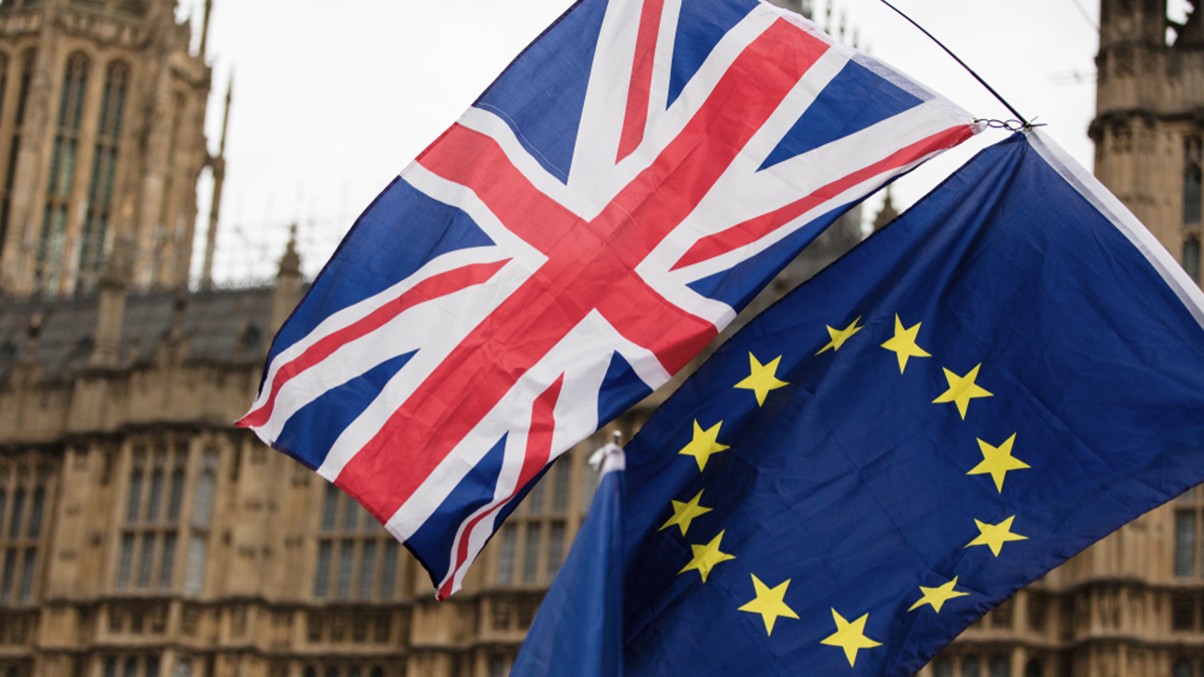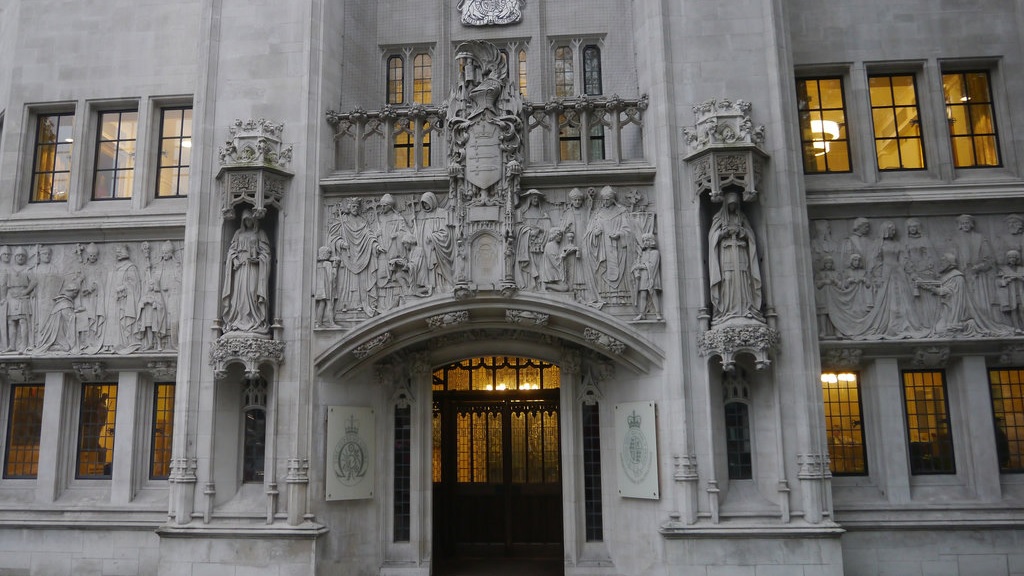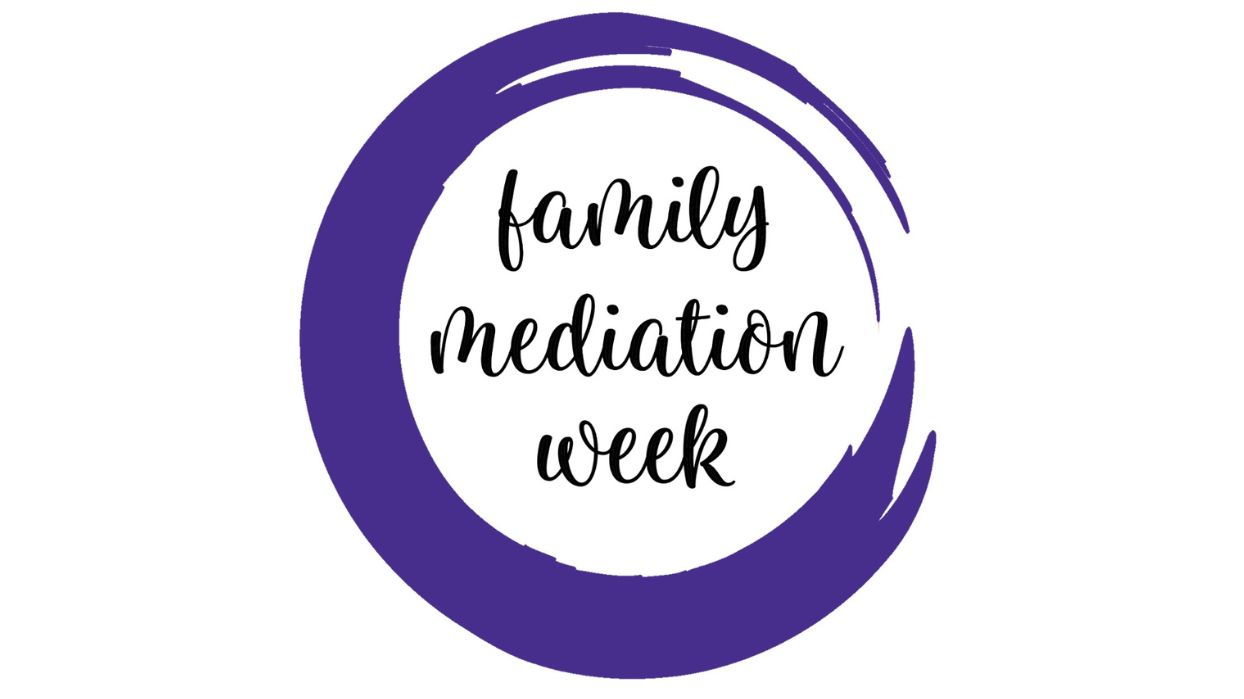Unless you have been sitting under a rock over the past month, the news of the family feud within the British monarchy will not have escaped your attention. In this article, Trusts and Probate Litigation partner Emma Holland and Divorce and Family partner Toby Atkinson share their experiences of dealing with family disputes and identify the most frequently seen triggers for the souring of relations between siblings (and, indeed, other family members). They also consider the risks for such families of ‘airing their dirty laundry’ in public.
A recent survey indicated that more than half of all adults still feel in competition with their siblings. Success in careers, marriage and wealth generation are natural points of comparison, but often more emotional aspects are at play, such as perceived or actual favouritism by parents. The situation is complex even before one adds to the mix the often more distant relationship people share with their half– and step-siblings. (In 2021, approximately one in three families in the UK were ‘blended’ with a combination of parents, new partners and children from different relationships.)
The formal expansion of the family by marriage or civil partnership often adds a new dynamic, particularly when you factor in that nowadays, people tend not to make such commitments until later into their adult lives (if at all). By this stage, they are often established in careers and relatively set in their ways.
Absence of a key family member
Frequently, a particular elder family member will be the lynchpin of the family, ensuring harmony is maintained whether merely by virtue of their presence or, more forcibly, by dictating how things must be. When that matriarch or patriarch passes away, there will sometimes be a void. Unless it is filled without delay, family relations can take a turn for the worse quite quickly. Therefore, it hardly seems surprising that although the feud between the Prince of Wales and the Duke of Sussex had been brewing for some time, it has come to a head within months of the death of Queen Elizabeth II, who was notably described as “a courageous peacemaker and a reconciler of difference”.
The absence of such a family member is felt even more acutely when they had a pivotal role within the family business and there is no clear succession plan to provide for who will step into their shoes. This can lead to a power struggle. If not swiftly addressed, this can negatively impact the value and long-term viability of the business.
Holding a business in trust avoids some issues. For example, a succession plan may not be necessary for ownership transfer as the business will continue to be held by the trustees. But it is not a panacea to all problems. Disputes between siblings about who controls and benefits from the underlying business are commonplace. We have seen that where trustees are faced with a dispute or lack of certainty regarding, say, the role of a power holder in relation to a business held by them, they are increasingly turning to the courts of their home jurisdiction to seek directions.
Similar issues are likely to arise when an important family member loses capacity. Except in the most extreme circumstances, questions of capacity are rarely straightforward given that they are issue-specific, particularly when one factors in that capacity can fluctuate over time. If there is uncertainty and no (uncontested) powers of attorney in place, the business can be stuck in a state of paralysis until further expert assessments are undertaken and a declaration obtained from the Court of Protection.
Media interest and privacy
When a family dispute reaches its boiling point, specialist lawyers are often consulted to advise on the parties’ rights and offer options for a potential solution. In some circumstances, it may be appropriate to make an application to court. This might be, for example, to clarify ownership of assets or control of a business, or (as mentioned above) to assist with determining a person’s capacity.
Given the court’s current stance, the advice as to whether such proceedings should be issued is likely to be heavily influenced by the extent to which privacy is a priority for the person considering them. The availability of a private court process will depend on several factors.
In England and Wales, the starting point is that court proceedings should be conducted in public, and there is no general exception to this principle of open justice. Where children and/or vulnerable adults are involved, the courts will weigh the open justice principle against the risk of harm to their interests. On occasion, the courts may be willing to order reporting restrictions and/or anonymisation of judgments to avoid such people being identified.
The courts of offshore jurisdictions may have a role to play where, for example, the family business is held within a foreign company or by trustees of a foreign law trust. In some instances, they can seemingly be more willing to afford protection to privacy rights. While most acknowledge the principle of open justice, they often appear to allow for more exceptions to the rule or apply it less rigorously. Please see here for more information on open justice in trust cases.
Recent developments in the Family Court
In considering how the courts’ approach to open justice in such cases may evolve, it is useful to look at recent developments in the Family Division where similar types of argument relating to the need for privacy in respect of the family’s affairs are dealt with frequently. Although the general rule is that family hearings are heard in private, accredited media representatives and legal bloggers may attend unless otherwise ordered by the court. Certain court documentation may also have to be shared with the press. The press may report on what happens in court unless the judge imposes restrictions preventing them from doing so in the form of a Reporting Restrictions Order.
There are restrictions on the press reporting cases involving children (whether in relation to their care or financial support). The court can exclude the media or restrict reporting in certain circumstances. Any party seeking reporting restrictions (resulting in a derogation from the principle of open justice) will need to satisfy the court that such derogation is necessary for the administration of justice and to protect their legitimate interests. In deciding whether to exclude the media from all or part of proceedings, the court must conduct a careful balancing exercise between:
- the rights of the children, the parties and any witnesses (which may be competing) to respect for their family and private lives (Article 8, European Convention on Human Rights (ECHR),
- the media’s right to freedom of expression (Article 10, ECHR), and
- consideration of the right to a fair trial (Article 6, ECHR).
Historically, case reports in family proceedings have largely been anonymised. However, there is now a shift towards greater transparency in the family court. This shift has led to an increased propensity (albeit not in every case) for judgments in financial remedy proceedings to no longer be anonymised (save in relation to identifying any children). Parties can apply to the court for proceedings to be anonymised, but the family courts are becoming less inclined to make such orders. Applications must be supported by a witness statement detailing why the proceedings should be anonymised. The court will consider all the facts of the case and whether there are compelling reasons to grant anonymity. For example, this might include where anonymisation is required to protect confidential information about a party’s business interests.
Avoiding the limelight in a family dispute through alternative dispute resolution
In the second part of this look at family disputes, Emma and Toby will discuss the alternative dispute resolution options available to families with concerns that their problems could be made public.
You can find further information regarding our expertise, experience and team on our Trust and Probate and Divorce and Family pages.
If you require assistance from our team, please contact us or alternatively request a call back from one of our lawyers by submitting this form.
Subscribe – In order to receive our news straight to your inbox, subscribe here. Our newsletters are sent no more than once a month.







